



 Tech & IT
Tech & IT
 Business
Business
 Coding & Developer
Coding & Developer
 Finance & Accounting
Finance & Accounting
 Academics
Academics
 Office Applications
Office Applications
 Art & Design
Art & Design
 Marketing
Marketing
 Health & Wellness
Health & Wellness
 Sounds & Music
Sounds & Music
 Lifestyle
Lifestyle
 Photography
Photography
More Learnfly
Business Solution Become an InstructorKubernetes is an open-source container orchestration platform that automates the deployment, scaling, and management of containerized applications. It provides a robust infrastructure for running and coordinating containers in a clustered environment, offering scalability, resilience, and ease of management.

By : Udesh Udayakumar
The Easiest and Ultimate Beginner's Guide to Mastering Your Skills with Kubernetes...
4.1 1540
2:1:10 hrs 33 lectures All Level

By : Satyajit Das
Kubernetes hands on basics tutorial along with Docker...
4.8 69433
18 lectures Intermedite Level

By : Abhishek Roshan .
Mastery in Docker + Docker Swarm + Kubernetes Hands on Course - A Complete Step-...
4.1 6131
19:20:22 hrs 54 lectures All Level
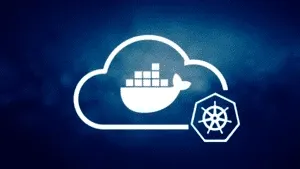
By : Cerulean Canvas
Build, Ship, Run and Manage your Containerized Web-applications efficiently on local ...
4.6 6596
6:48:43 hrs 114 lectures Beginner Level












Learn more topics in various categories at one place. Explore unlimited courses in other categories and up-skill yourself today.

 Jazeb Akram
Jazeb Akram 4.2 771163 Beginner Level

 John Hedengren
John Hedengren 4.1 569070 All Level

 Ranjan Pandey
Ranjan Pandey 4.1 346736 All Level

 Muhammad Ahsan Pervaiz
Muhammad Ahsan Pervaiz 4.2 101344 All Level

 Pieter Vliegenthart
Pieter Vliegenthart 4.6 100923 All Level

 Jerome P.
Jerome P. 4.8 100891 All Level

 Senol Atac
Senol Atac 4.9 100114 All Level

 Vikas Munjal
Vikas Munjal 4.8 100071 Beginner Level

 Avinash A
Avinash A 4.8 100023 All Level
.jpg)
 AKHIL VYDYULA
AKHIL VYDYULA6 Lectures Beginner Level

 TechLatest .Net
TechLatest .Net11 Lectures Beginner Level
 (1).png)
 Manish Nadar Ramaswamy
Manish Nadar Ramaswamy12 Lectures Beginner Level
.png)
 Manish Nadar Ramaswamy
Manish Nadar Ramaswamy22 Lectures Beginner Level
.png)
 Manish Nadar Ramaswamy
Manish Nadar Ramaswamy11 Lectures Beginner Level
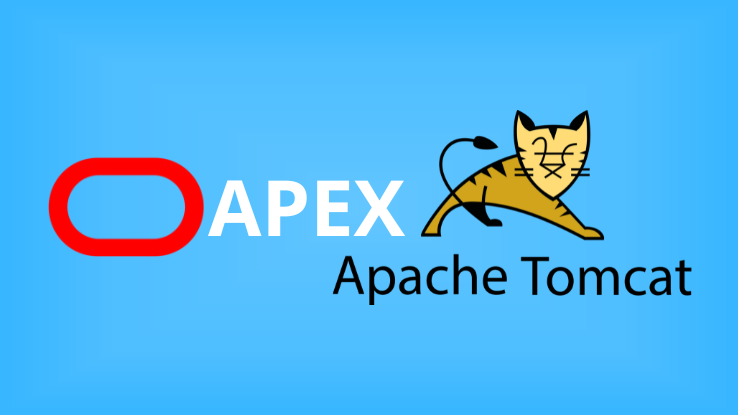
 Velchandru M
Velchandru M18 Lectures Beginner Level

 Udesh Udayakumar
Udesh Udayakumar33 Lectures Beginner Level

 Gauttam SK
Gauttam SK14 Lectures Beginner Level
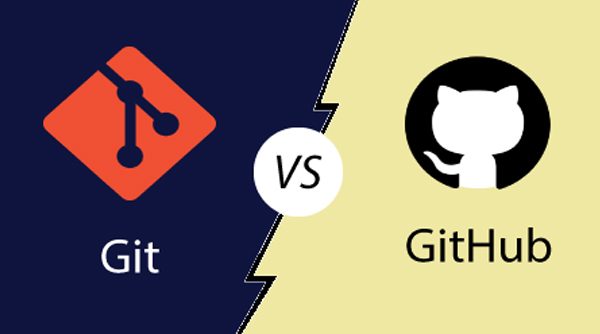
 Harsh Jhunjhunuwala
Harsh Jhunjhunuwala17 Lectures Beginner Level
.jpg)
 Pruthviraja L
Pruthviraja L28 Lectures Beginner Level
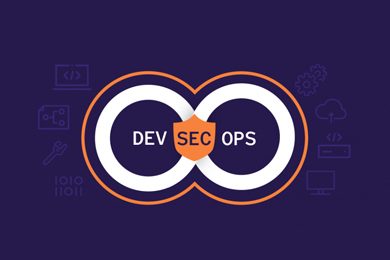
 THE MMZ
THE MMZ254 Lectures Beginner Level

 Chandramouli Jayendran
Chandramouli Jayendran31 Lectures Beginner Level
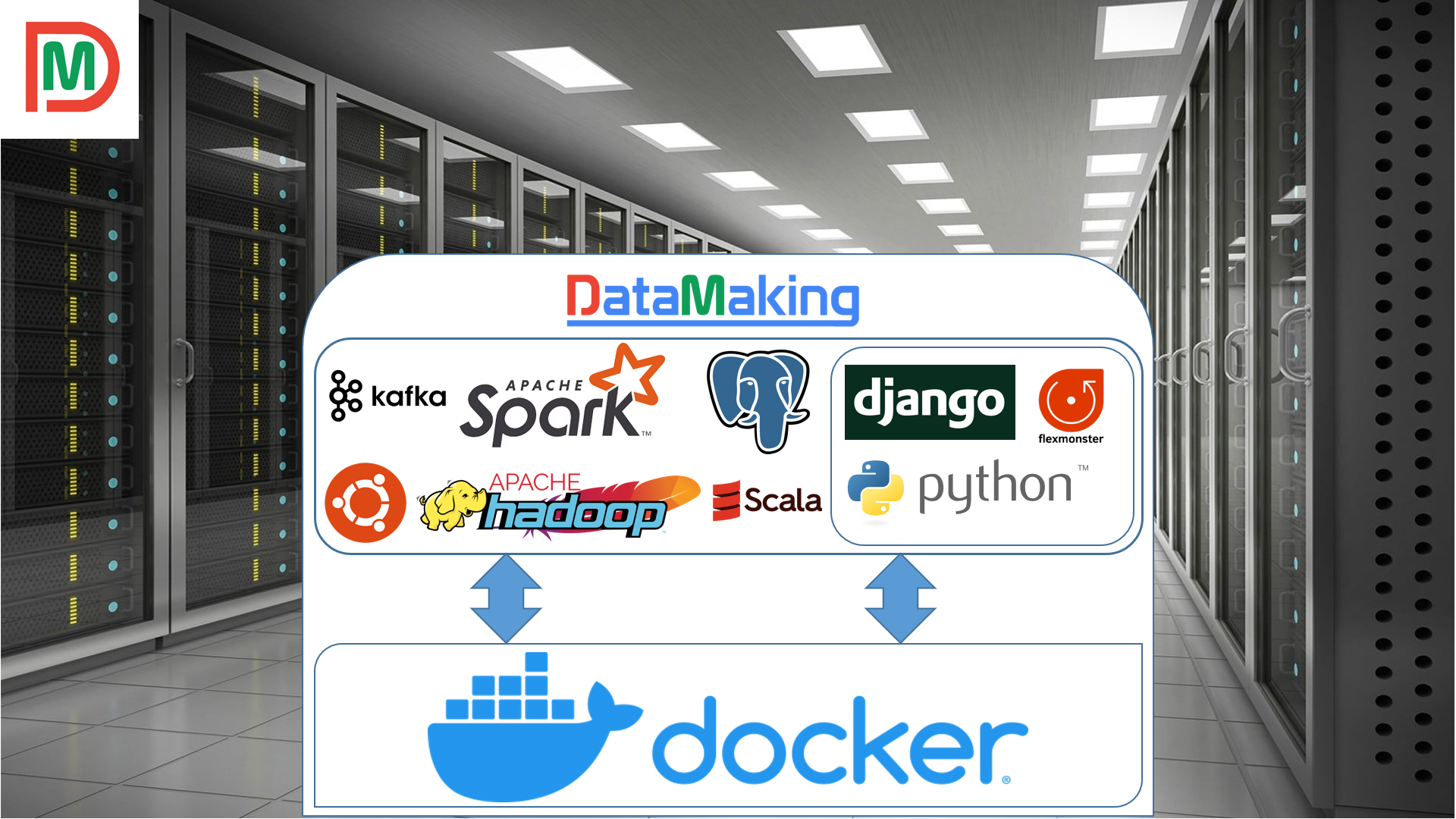
 Pari Margu
Pari Margu24 Lectures Beginner Level

 Saraudheen PM
Saraudheen PM22 Lectures Beginner Level

 taurius litvinavicius
taurius litvinavicius16 Lectures Beginner Level
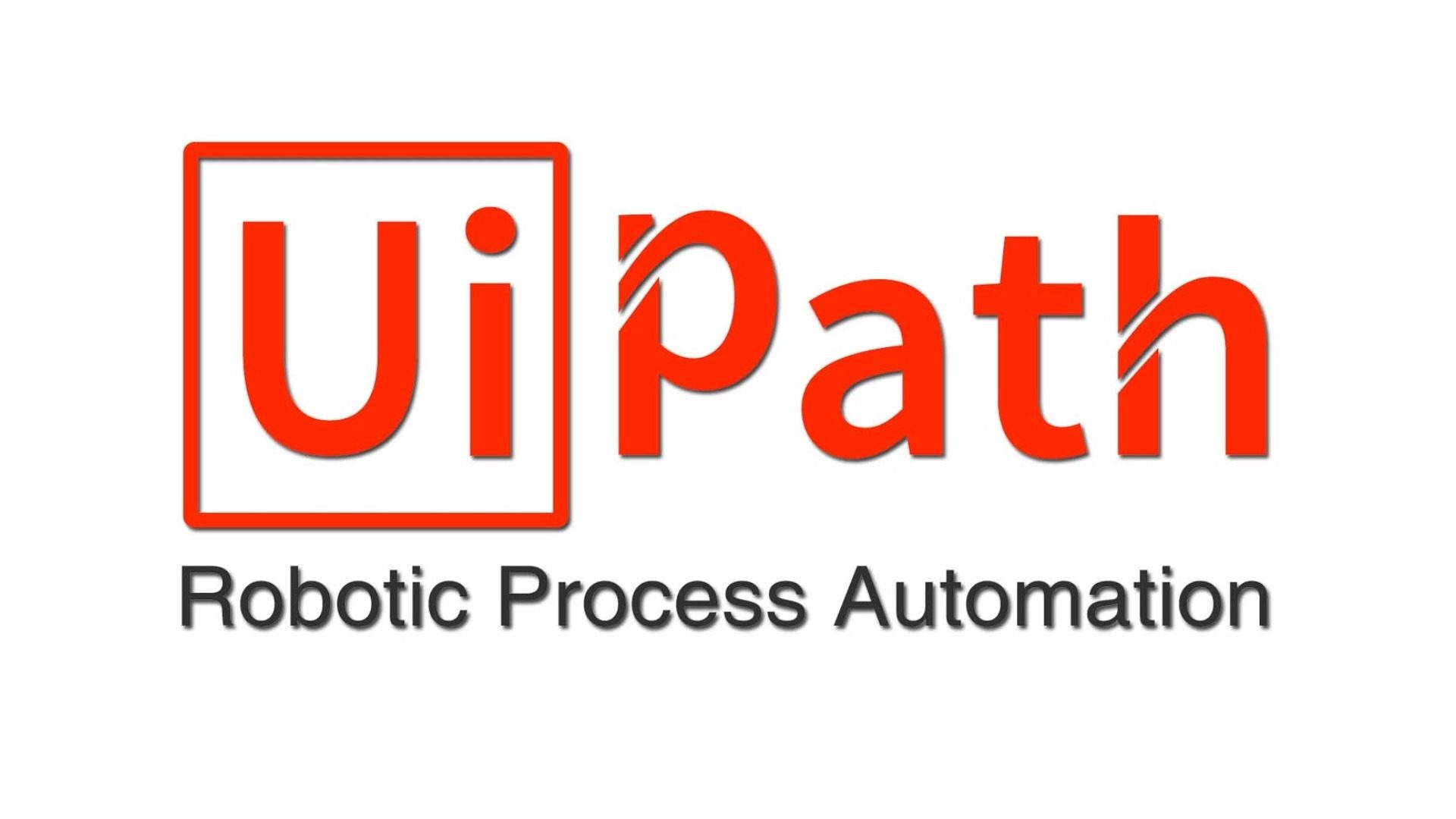
 Jan Langdeel and Anders Jensen
Jan Langdeel and Anders Jensen58 Lectures Beginner Level

 Satyajit Das
Satyajit Das18 Lectures Beginner Level

 Abhishek Roshan .
Abhishek Roshan .10 Lectures Beginner Level
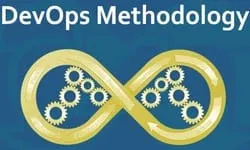
 Abhishek Roshan .
Abhishek Roshan .103 Lectures Beginner Level

 Abhishek Roshan .
Abhishek Roshan .54 Lectures Beginner Level

 Shankar AR
Shankar AR37 Lectures Beginner Level
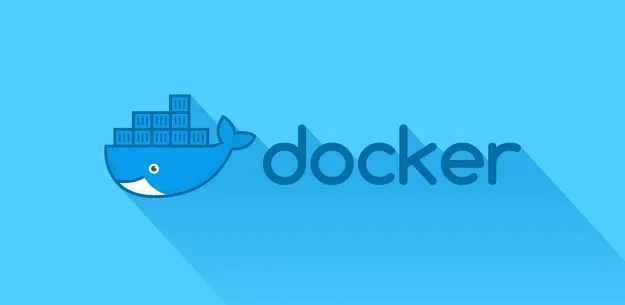
 Abhilash Nelson
Abhilash Nelson29 Lectures Beginner Level

 Cerulean Canvas
Cerulean Canvas114 Lectures Beginner Level

 Samarth Deyagond
Samarth Deyagond16 Lectures Beginner Level

 Shokat Ali
Shokat Ali13 Lectures Beginner Level
Kubernetes is an open-source container orchestration platform that automates the deployment, scaling, and management of containerized applications. It provides a robust framework for container orchestration, enabling efficient management of containerized workloads and services.
Kubernetes manages containers by providing abstractions for containerized applications, such as Pods (the smallest deployable units), Services (networking and load balancing), and Deployments (declarative updates and scaling). It automates tasks like scaling, load balancing, and rolling updates.
A Pod is the smallest and simplest unit in the Kubernetes object model. It represents a single instance of a running process in a cluster and can contain one or more containers that share the same network namespace, storage, and other resources.
Kubernetes handles scaling by automatically adjusting the number of replicas of a Pod based on the defined specifications in a Deployment. Load balancing is achieved through Services, which distribute traffic across multiple Pods, ensuring efficient resource utilization and high availability.
In a microservices architecture, Kubernetes simplifies the deployment, scaling, and management of individual microservices. It allows each microservice to be packaged as a container, making it easy to deploy and manage a diverse set of microservices within a cluster.





